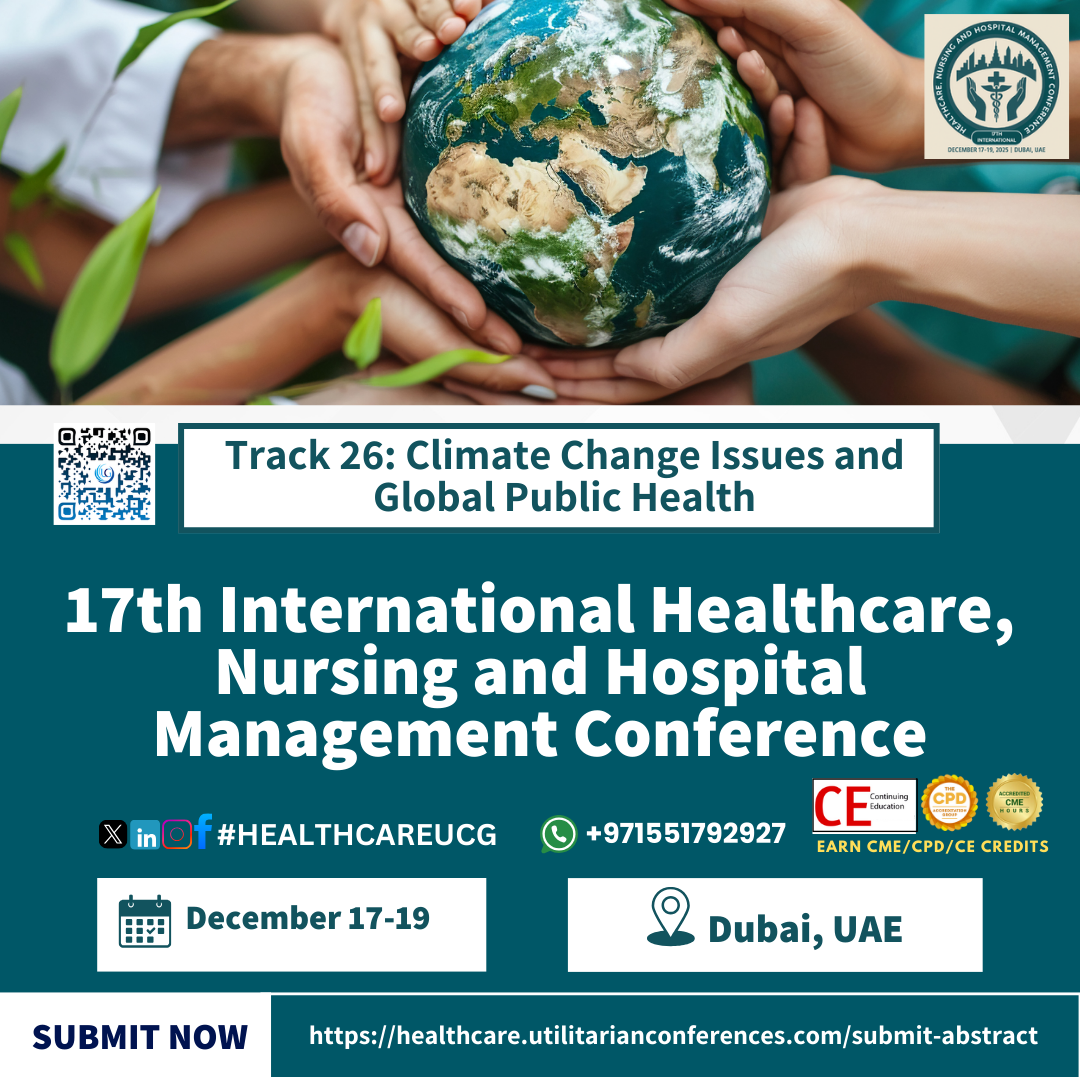



Primary healthcare is the first level of contact individuals, families, and communities...

Personalized and precision medicine are innovative approaches to disease prevention, diagnosis, and...

Climate change is no longer a distant environmental issue; it is a pressing global public health crisis. Rising global temperatures, increasing sea levels, and more frequent extreme weather events are directly and indirectly affecting human health across the world. Vulnerable populations, particularly children, the elderly, and those with pre-existing health conditions, are at a higher risk of suffering from the consequences of climate-related changes.
One of the most immediate health threats linked to climate change is the increase in heat-related illnesses and deaths. As temperatures soar, so do cases of heatstroke and dehydration, particularly in urban areas that experience the urban heat island effect. Additionally, climate change contributes to the expansion of vector-borne diseases such as malaria, dengue, and Lyme disease, as warmer climates enable vectors like mosquitoes and ticks to thrive in new regions.
Air pollution, intensified by climate-related factors such as wildfires and fossil fuel consumption, exacerbates respiratory and cardiovascular diseases. Vulnerable communities often experience the harshest effects due to limited access to healthcare and poor living conditions. Food and water security are also compromised, leading to malnutrition, gastrointestinal illnesses, and increased mortality rates in affected regions.
Mental health is another emerging concern, with climate anxiety, displacement due to natural disasters, and stress from loss of livelihood contributing to psychological strain. The burden on healthcare systems increases with the need to respond to both direct health impacts and underlying social determinants aggravated by climate change.
Conclusion
Addressing climate change is imperative not only for environmental sustainability but also for protecting global public health. It demands a coordinated response involving governments, healthcare providers, researchers, and communities. By investing in climate-resilient healthcare infrastructure, promoting sustainable practices, and advancing public health preparedness, we can mitigate the health impacts of climate change and create a healthier, more resilient future for all.
#Healthcare #ConferenceDubai #NewYear2026 #BurjKhalifa #DubaiMahal #HospitalManagement #PatientSafety #HealthcareDubai #UAE2026 #MedicalConference #SmartHealthcare